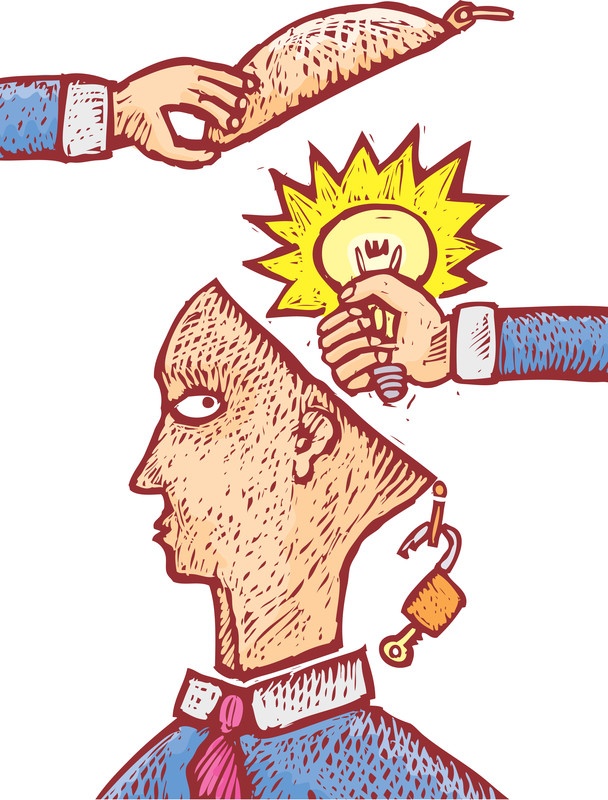
We cannot continue disrespecting those in the creative space and think its ok.
Back in 2008, I interviewed Mark Tonto for an article I was commissioned to write for a foreign news magazine. Mr. Tonto was a member of the famous Osibisa Group, the afro rock band formed in London in the late in 1960s, and which took the world of music by storm. Our meeting took place at the then World Bank office at North Ridge, where an exhibition was underway.
Dressed in a sleeveless batik shirt at nicely trimmed thick moustache and a trumpet firmly clutched in his right hand, he politely disentangled himself from other guests who appeared to be enjoying his company. I wanted just 30 minutes, but the interview lasted almost an hour.
A large chunk of the interview focused on his life with Osibisa, post the band and what he had been up to. I also wanted to know about royalties for members of the band. I did not finish my question when he stopped me and asked if I listen to the BBC Network Africa programme, the breakfast show on radio which is now defunct. I said yes. He said the jingle for the programme was their composition and anytime the show went on air, royalties were paid to each member of the band. “Good money” came his way, he said with a big laugh.
We both went for a drink after the interview, shook hands and parted ways. Just when I was about leaving, he tapped me on the shoulder and said: “The system here in Ghana does not protect any of my contemporaries – many have good hits but not even a pesewa gets to them”.
It was such a powerful quote I included it in the article. In 2010, he passed, and a concert was held in his honour. I wrote back to the foreign news outlet and asked if they were interested in a story from the concert. The editor, who said he was a big fan of Osibisa’s ‘Coffee’ song, told me to see what I could get from the event. The famous trumpet was auctioned. For some strange reason when I later got back from the concert, this was around 1am in the morning, I went back to the tape and played back the interview.
Towards the end of it, he told me about the story of a popular Ghanian musician whose compositions were being used without the expected financial rewards. He gave me his name. That musician performed at his funeral and told the crowd about the friendship he had with Mark Tonto, and how he was pained he had limited avenues in the country to take on those who appropriated his works without paying for them.
The following morning, I called one of the organisers to see if I could speak to this said musician. I was fortunate enough to meet up with him before he headed back to Kumasi, where he lived at the time. He knew Mark Tonto from when they were growing up, and though he said he was behind the composition of some of the popular songs often played on the radio, he never got anything from them. I said my goodbye and left.
On Monday, and subsequent days after that, Ghanaian artist Kirani Ayat resurrected the ghost of creative appropriation when he claimed a video accompanying a tweet put out by President Nana Addo Dankwa Akufo-Addo’s twitter handle was his. He said the material had been posted without recourse to him.
The artist said in 2018/19, he reached out to the Ministry of Tourism with the same video, ‘GUDA’, for them to use to boost tourism in the northern part of Ghana. But nobody from the ministry bothered to follow up. He was therefore surprised to find the video in a new campaign, selling Ghana to the rest of the world. But in a swift response to his tweet, the Ghana Tourism Authority denied ‘stealing’ the works. The GTA says the video was rather acquired from an agency for a 2019 project.
I later heard the Chief Executive of GTA, Akwasi Agyeman, on Asempa Fm – a Twi speaking station, insisting they did not steal the works. While I commend him for coming out to say they were willing to engage the artist, I also found it odd his continuous claim that they acquired the material from an ‘agency’, and that a small portion of the video was used. I wonder how that line absorbs the GTA from any blame because if the artist decides to press charges for copyright infringements, the GTA cannot hide behind an ‘agency’ to plead ignorance. I hope the situation is resolved between the warring parties.
However, it is very insensitive, arrogant, and disrespectful the attitude of those who think they have the right to use the works of other people without seeking their permission or offering the right compensation. How do people expect an artist who has pumped money into a project to sustain him or herself when the works are taken without any remuneration?
My good friend the late Emmanuel Bobbie was once forced to take to Facebook to call out a public institution who had used his works for its investment pleadings. This same institution knew about his work and what he could offer but did not find him good enough to do its work.
The institution outsourced the gig to another agency who then went ahead to steal Bobbie’s works for the promotion. For those who knew Bob, he was not one to be entangled in situations like that but on that day, he was left with no choice and called out the institution for showing him zero respect, so far as his career was concern.
How long is this disrespect for the creative industry going to continue?









